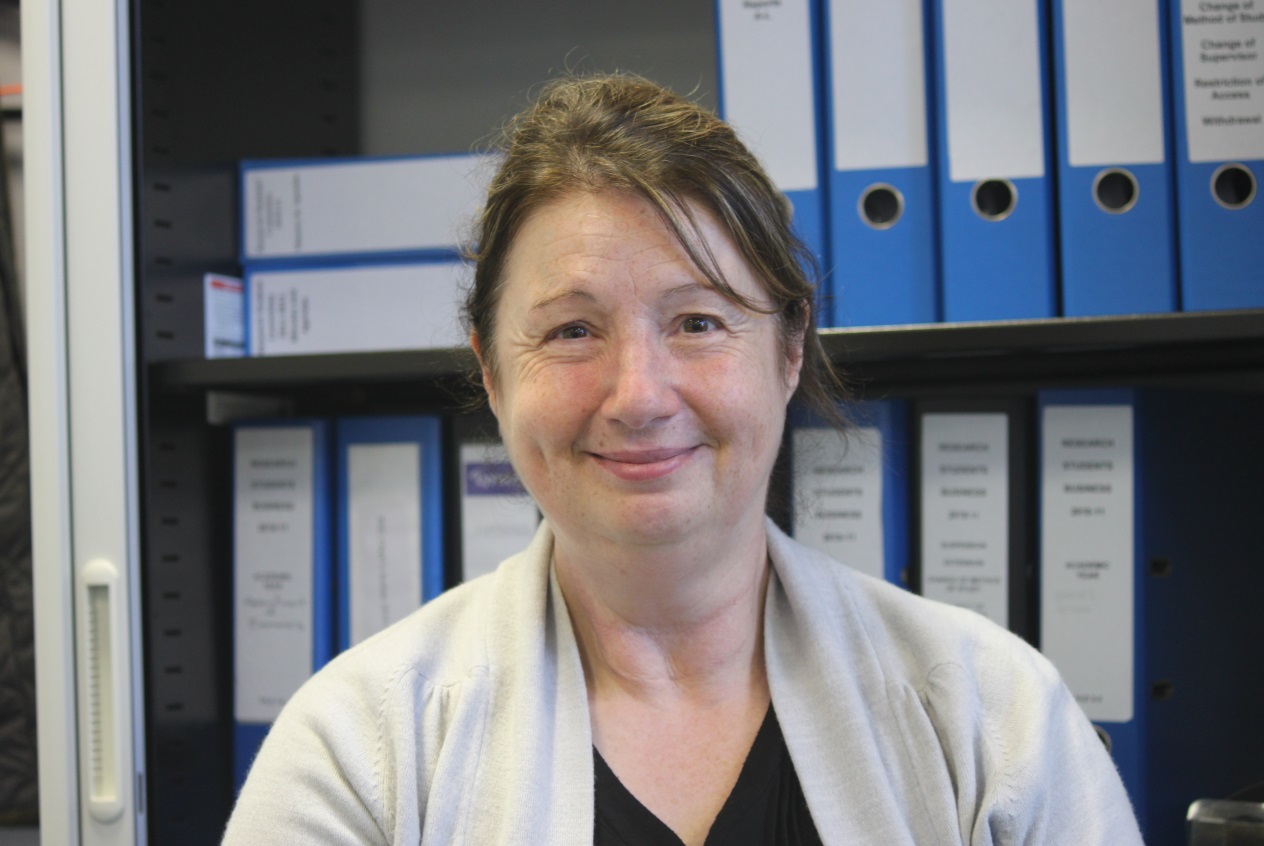Three months on from taking up the role of Project Director for a new e-learning project on Reflective Writing, I thought I would reflect a little myself on the project and our progress so far. Although leading projects is a core part of professional life, this type of project is a first for me so I am delighted to be working with more than twenty new and more familiar colleagues from across the University. This project is also really timely, as it comes at a time when the University is developing a new learning technology strategy to support our institutional direction for the future.
Observing my own students, it is clear that their daily lives function through engagement with a diverse range of technologies and that bringing these and other technologies into their learning experience presents a wonderful opportunity for us to capitalise on. We have to embed and contextualise e-learning in a way that excites, engages and enriches our students’ learning. The overwhelming message from our students at our first focus group was ‘we want more e-learning’ and the access to mobile technology means it is possible to support students to use those little bits of time, eg while travelling to and from campus on the bus, to enhance their learning experience.
Our project on reflective writing is exciting and ambitious, and seeks to:
- Develop a core e-learning module, relevant to the needs of multiple academic disciplines and the Bath Award, to introduce students to the concept of reflective practice and the fundamental characteristics of reflective writing within their own learning context.
- Tailor the core module by academic discipline using easily accessible and technologically straightforward authoring tools thus enabling individual academic staff to further contextualise and maintain the modules beyond the project.
- Explore the development process and tools/technologies to refine an approach that enables a Professional Service to support the academic community to produce e-learning that utilises resources to best effect and results in sustainable materials.
- And finally, evaluate the e-learning modules produced with students and staff to ascertain their effectiveness in meeting the learning objectives and to inform future developments.
Our Project Manager, Sarah Turpin, Head of Academic Skills Resources, Skills Centre, is working with Vic Jenkins, our e-learning consultant from Scriptive Limited, to ensure that we allocate our project resources appropriately to use individuals’ expertise and save everyone involved precious time, i.e. development team evaluate authoring tools, academic staff collate and pool existing learning and teaching materials, writing tutors develop core content. Sarah is the driving force behind this project, and it is an absolute delight to work with her, Vic and all the project team members. The team comprises ten academic staff: from Civil Engineering (Dr Mark Evernden), Pharmacy (Dr Andrea Taylor) and Pharmacology (Dr Christine Edmead), Chemistry (Dr Gan Shermer), Psychology (Dr Richard Joiner), Management (Dr Robin Shields), Health (Drs Emma Rich and Jessica Francombe-Webb), Physics (Drs Gary Mathlin and Fran Laughton in collaboration with Ed Stevens from the Public Engagement Unit), Samantha Chaffey, Bath Award Manager, Students' Union and myself from Mechanical Engineering together with three core content writing tutors (Tim Ratcliffe, Jackie Dannatt, Diana Hopkins) from the Skills Centre and an institution-wide development team that includes central and Faculty-based e-learning colleagues (Marie Salter, Dr Tracey Madden, Kevin Renfrew, Keith Brown, Geraldine Jones and Paul Pinkney). I am confident that with such a strong, enthusiastic and experienced team, the learning we capture during the project will be of immeasurable value.
Dr Sally Clift, Associate Dean (Graduate Studies), Faculty of Engineering & Design
Respond
